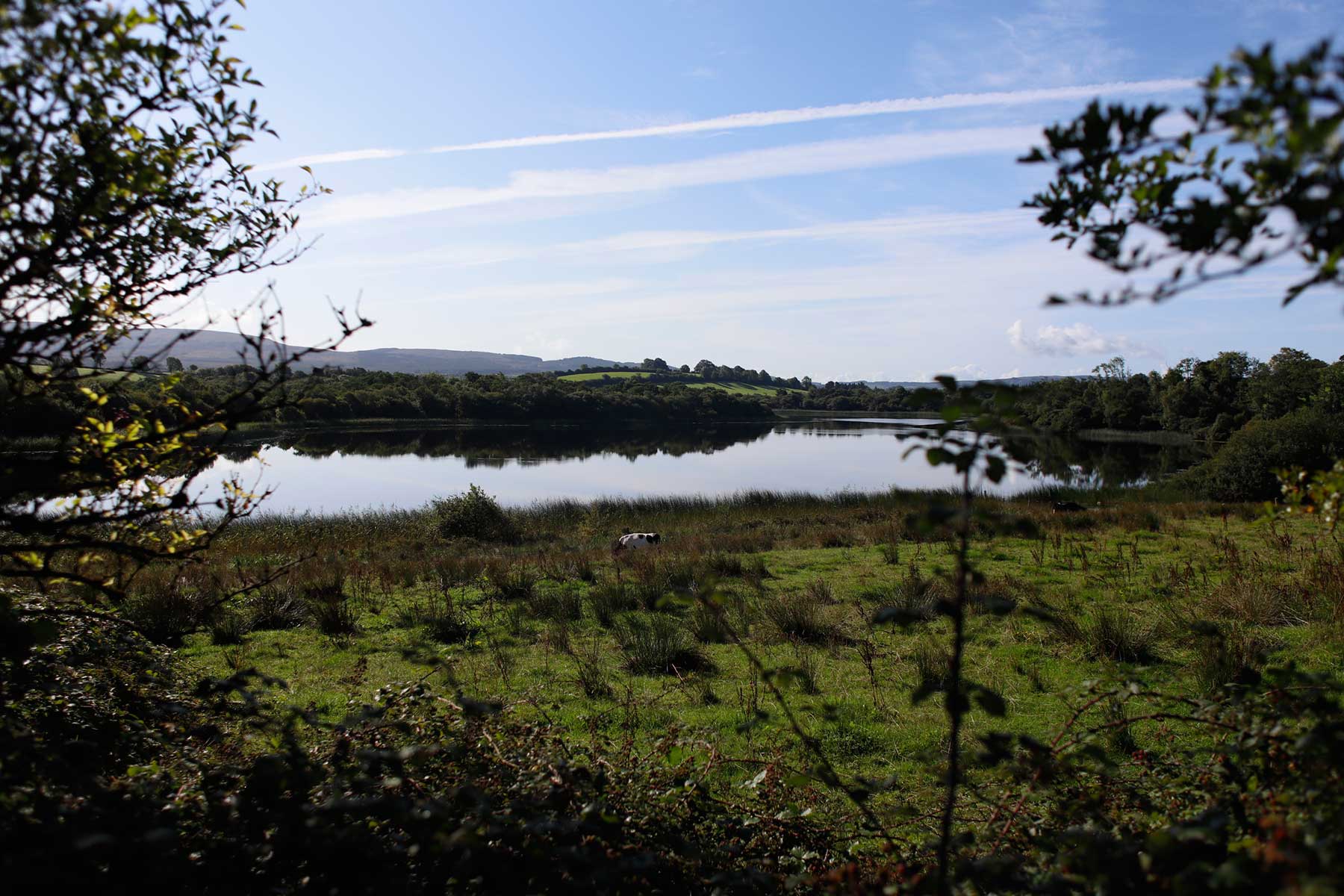Project Description
England developed a strategic plan for the preservation of “crop wild relatives” (CWR), that is wild species that are genetically very similar to those currently cultivated in agriculture and horticulture. The purpose is to establish genetic reserves preserving plant genetic resources on the long term. They could then be a potential source of varietal improvement for breeding programs.
To this aim several actors work together in a network. The English Department for Environment Food & Rural Affairs (Defra) has placed the conservation of CWR on the political agenda and encourages local stakeholders to implement active conservation plans. It provides financial support to Natural England and English Nature (agencies for wildlife conservation) to implement policy guidelines for CWR conservation.
The University of Birmingham supported this genetic reserve project by providing its technical and scientific expertise.
The development of genetic reserves requires a lengthy process. The first step is to identify the species present in the area: a national inventory of species was created by the University of Birmingham, in partnership with the PGR Forum.
The second step is to refine the list of species identified in the inventory, prioritising certain species.
The third step of the protocol is to locate “hotspots”, areas that host a great diversity of CWRs. The location of these hotspots was compared to the conservation areas already existing in England. In this way the gaps in terms of conservation were identified and thus the most suitable place for the establishment of a genetic reserve were located.
Case study info
Country: England
Type of case study: network
Crop category: crop wild relatives


